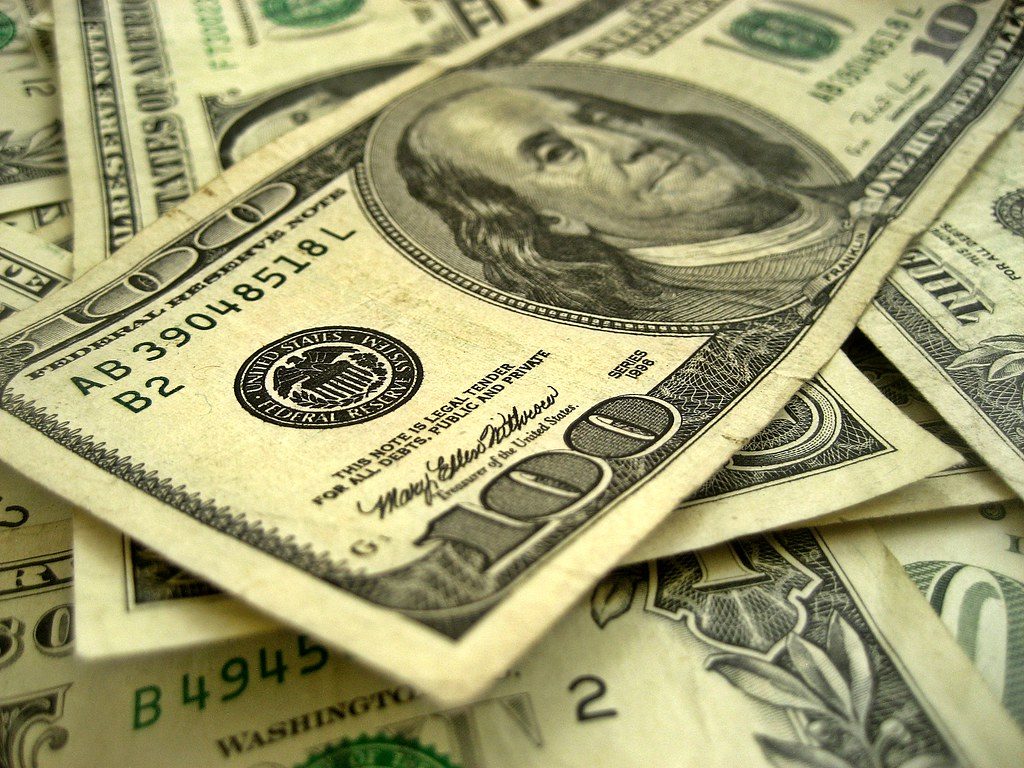
United States regulators have clarified that hemp businesses should not be treated with any more suspicion than other bank customers. In a joint statement, the Federal Reserve, the Office of the Comptroller of the Currency, the Federal Deposit Insurance Corporation, the Financial Crimes Enforcement Network (FinCEN), and the Conference of State Bank Supervisors said banks are no longer required to file suspicious activity reports (SAR) for customers solely because they grow or cultivate hemp. However, banks are still required to file reports on customers in the hemp business if they suspect suspicious activity.
Until recently, hemp production largely was banned under federal law. A farm bill signed into law last year by President Trump removed hemp and cannabidiol, or CBD oil, from a list of federally controlled substances. Hemp is a variety of the cannabis plant that is often used for its fiber but cannot be made into drugs. CBD is another cannabis derivative that companies claim can reduce stress as well as pain and discomfort, among other uses. A federal ban remains in effect on marijuana, a cannabis product that contains increased levels of tetrahydrocannabinol (THC), even though 11 states have legalized the recreational use of marijuana for adults and 22 more allow it to treat certain medical conditions.
Financial services companies have faced compliance challenges in recent years over the conflicting state and federal laws regarding the treatment of cannabis products. Banks have been pushing regulators for clarity on how to remain compliant amid the shifting legal landscape. Under the new guidance, banks will no longer have to file reams of paperwork to anti-money-laundering authorities for each interaction with their hemp industry customers.
The banks are also attempting to get regulators to legalize marijuana banking. A bill in Congress, the SAFE Banking Act, would do this by stating that the proceeds of a state-sanctioned marijuana business would not be considered illegal under federal anti-money-laundering laws. The House of Representatives has passed a version of the bill, but it has yet to be taken up by the Senate.
